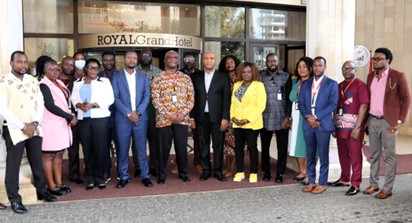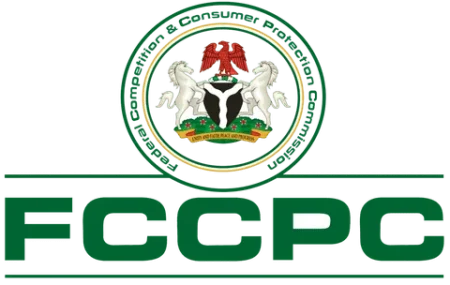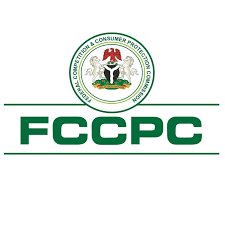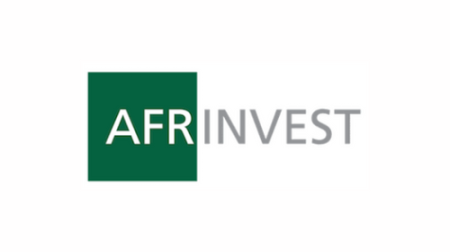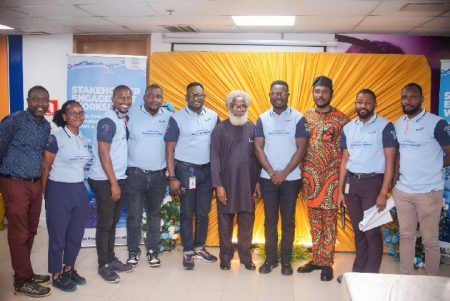On October 24, 2024, staff from the Liberia Revenue Authority (LRA) immersed themselves in the second training program on the Tax Administration Diagnostic Assessment Tool (TADAT) held in Monrovia. This initiative is aimed at bolstering the efficiency and effectiveness of tax administration within Liberia. Participants from the LRA’s Domestic Tax Department and support staff are being educated on the nuances of TADAT, a globally recognized assessment tool that objectively evaluates the performance of tax systems. With its standardized and evidence-based methodology, the tool serves to illuminate areas of strength within the tax framework while simultaneously pointing out weaknesses that could hinder optimal operations.
The overarching goal of the TADAT training is not only to enhance the LRA’s tax administration framework but also to facilitate a shared understanding among key stakeholders. Government agencies, international organizations, and technical assistance providers are encouraged to collaborate more closely to assess and reform Liberia’s tax administration. By establishing a common understanding of the current state of tax governance, the training promotes efficient management of external support aimed at implementing necessary reforms in a timely and effective manner.
Expert trainers from Nigeria, Kenya, and Ghana are leading the training sessions, which commenced on October 12 and are slated to conclude on November 13, 2024. During the opening event, LRA Commissioner General James Dorbor Jallah underscored the importance of participant engagement and the transformative potential of the TADAT tool. He affirmed that the newly acquired skills would be instrumental in bridging significant operational gaps, thereby reducing revenue leakages that could further undermine the country’s economic stability.
The TADAT assessment critically evaluates Liberia’s major national taxes, including Corporate Income Tax (CIT), Personal Income Tax (PIT), Value Added Tax (VAT), and excise duties. As the participants delve deeper into the intricacies of tax administration, they are expected to enhance their understanding of not just how taxes are collected but also how those processes can be made more transparent and equitable. Jimmy Wati, speaking on behalf of the TADAT Secretariat, praised the high enthusiasm of the trainers and the participants, reinforcing the tool’s significance in identifying the strengths and weaknesses of the taxation process in Liberia.
Upon completing the training, participants will be required to take an online exam organized by the TADAT Secretariat in Washington, D.C. Successful candidates will receive certification as TADAT assessors, creating a cadre of qualified professionals equipped to conduct future assessments and facilitate reforms within the tax administration framework. This capability is particularly vital, considering that Liberia’s first TADAT assessment was conducted in 2016, offering an essential baseline for strategic planning and reform efforts aimed at improving the nation’s revenue collection system and enhancing fiscal capacity.
In summary, the TADAT training workshops represent a critical step towards modernizing and improving Liberia’s tax administration. By equipping LRA staff with the necessary tools and knowledge to effectively implement changes, the country aims to foster a tax administration system that is not only efficient but also transparent and fair. This initiative has the potential to streamline tax collection processes, elevate government revenue generation, and ultimately contribute to Liberia’s overall economic development. The collaborative efforts of international experts and local authorities signal a promising future for tax administration reforms in Liberia.





